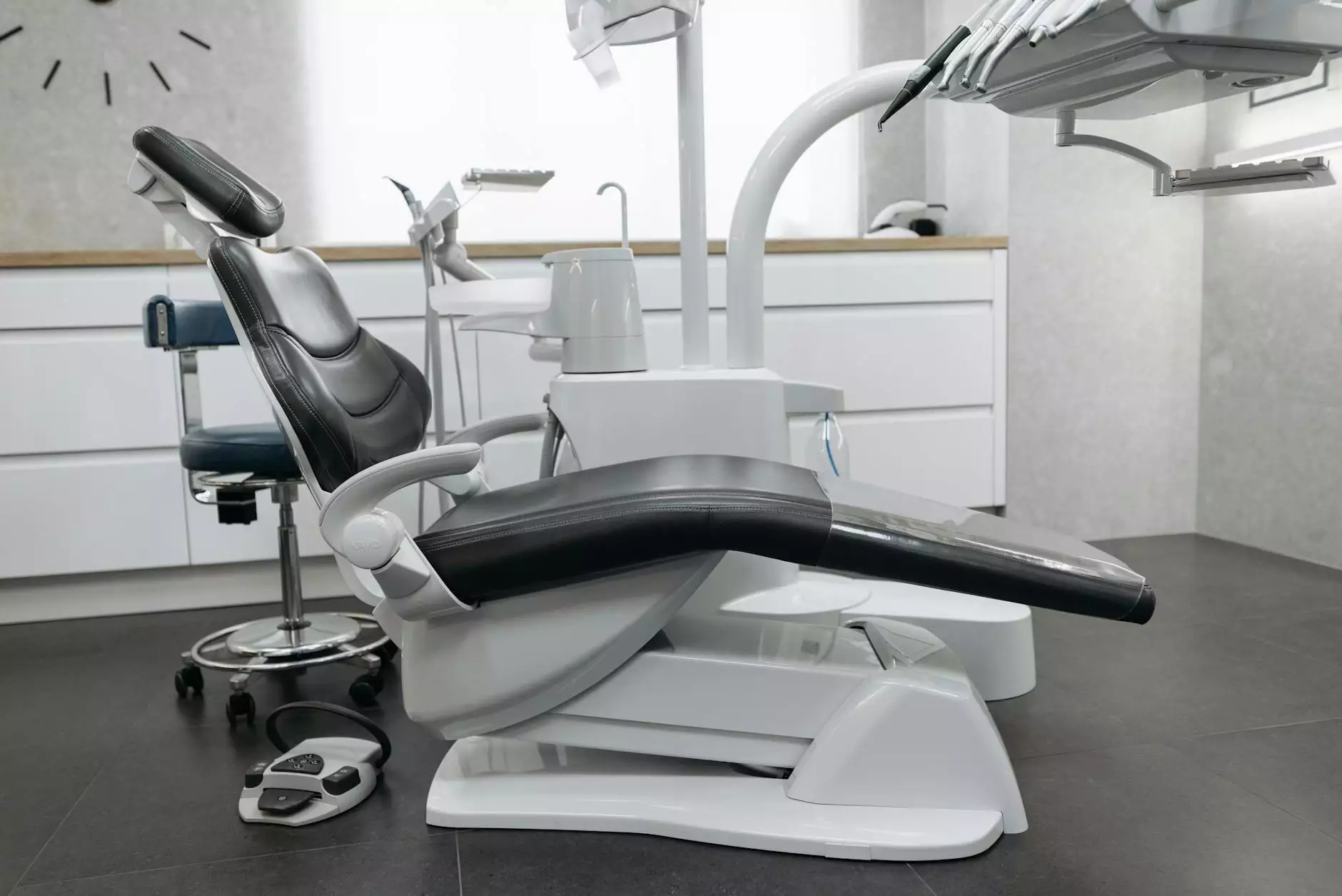Finding the Best Orthopedic Doctor Near Me

When it comes to maintaining a healthy, active lifestyle, the importance of orthopedic care cannot be overstated. If you're experiencing joint pain, sports injuries, or any musculoskeletal issues, finding the right orthopedic doctor near me can significantly impact your recovery and overall well-being. This article will guide you through everything you need to know about locating the best orthopedic specialists and understanding their role in promoting health.
What is Orthopedic Medicine?
Orthopedic medicine focuses on the diagnosis, treatment, prevention, and rehabilitation of musculoskeletal disorders. These include issues related to bones, joints, ligaments, tendons, and muscles. Orthopedic specialists are trained to deal with conditions ranging from fractures and arthritis to sports injuries and congenital disorders.
Why You Might Need an Orthopedic Doctor
Experiencing pain or discomfort in your bones or joints can hinder your daily activities. Here are some common reasons to consult an orthopedic doctor:
- Chronic Joint Pain: Ongoing pain that doesn't improve could indicate arthritis or other conditions needing expert evaluation.
- Injuries: Sports injuries or accidents often require specialized care for optimal recovery.
- Back Pain: Persistent back pain could be linked to various factors, including herniated disks and strain injuries.
- Limited Range of Motion: If you can't move a joint fully, an examination can help diagnose the issue.
How to Locate the Best Orthopedic Doctor Near Me
Finding an orthopedic doctor nearby is a crucial step toward recovery. Here are some effective methods to help you in your search:
1. Online Search
The internet is a powerful tool for finding healthcare professionals. Here’s how you can utilize it:
- Use search engines with the phrase orthopedic doctor near me.
- Visit health directories that list specialties and ratings.
- Check hospital websites for affiliated orthopedic specialists.
2. Ask for Referrals
Consulting with your primary care physician or friends and family can help you receive trustworthy recommendations. Personal experiences often provide valuable insights into the quality of care and patient satisfaction.
3. Check Credentials and Specialties
Before making a choice, ensure that the orthopedic doctor is board-certified and has the relevant experience for your specific condition. Some doctors may specialize in certain areas such as:
- Sports Medicine
- Pediatric Orthopedics
- Joint Replacement Surgery
- Spine Surgery
4. Read Reviews and Testimonials
Online reviews can provide insight into patient experiences. Look for feedback regarding the doctor’s communication skills, treatment effectiveness, and the overall clinic environment.
Understanding Orthopedic Treatments
Once you've identified an orthopedic doctor, it's essential to understand the potential treatments you might encounter. Here are common approaches:
Surgical Options
Some orthopedic issues may require surgery for effective treatment. Common surgical procedures include:
- Joint Replacement: Replacing damaged joints, often seen in hip or knee surgeries.
- Arthroscopy: Minimally invasive surgery using small incisions for joint repairs.
- Spinal Surgery: Procedures aimed at correcting injuries or deformities in the spine.
Non-Surgical Treatments
Not all cases necessitate surgery. Here are non-invasive options:
- Physical Therapy: Guided exercises designed to strengthen muscles and improve flexibility.
- Medication: Prescribing pain relievers, anti-inflammatory drugs, or muscle relaxants.
- Injections: Corticosteroid or hyaluronic acid injections may alleviate joint pain.
Questions to Ask Your Orthopedic Doctor
During your first appointment, it’s crucial to get as much information as possible. Here are some questions to consider asking:
- What is my diagnosis, and what caused it?
- What are my treatment options, and what do you recommend?
- What are the potential risks and benefits of the proposed treatment?
- How long is the recovery process, and what should I expect?
The Importance of Follow-Up Care
After receiving treatment from an orthopedic doctor, following up is essential. Regular check-ups ensure the effectiveness of the treatment and provide an opportunity to address any concerns that arise during the recovery process.
Health & Wellness Beyond Orthopedics
Maintaining a healthy lifestyle goes hand-in-hand with orthopedic care. Consider incorporating the following practices:
- Regular Exercise: Engage in activities suitable for your physical condition.
- Balanced Diet: Eating a variety of foods helps maintain bone density and joint health.
- Stay Hydrated: Proper hydration can benefit overall joint health.
- Preventive Care: Periodic visits to a healthcare provider can catch potential issues early.
Final Thoughts
Finding the right orthopedic doctor near me is a pivotal step in addressing any musculoskeletal issues you may be experiencing. Don't hesitate to reach out to specialists and ask questions to ensure you receive the best possible care. By taking proactive measures for your health, you're on the path to recovery and optimal function.
For more information, visit mediglobus.com to explore additional resources and connect with qualified healthcare providers to assess your orthopedic needs.









